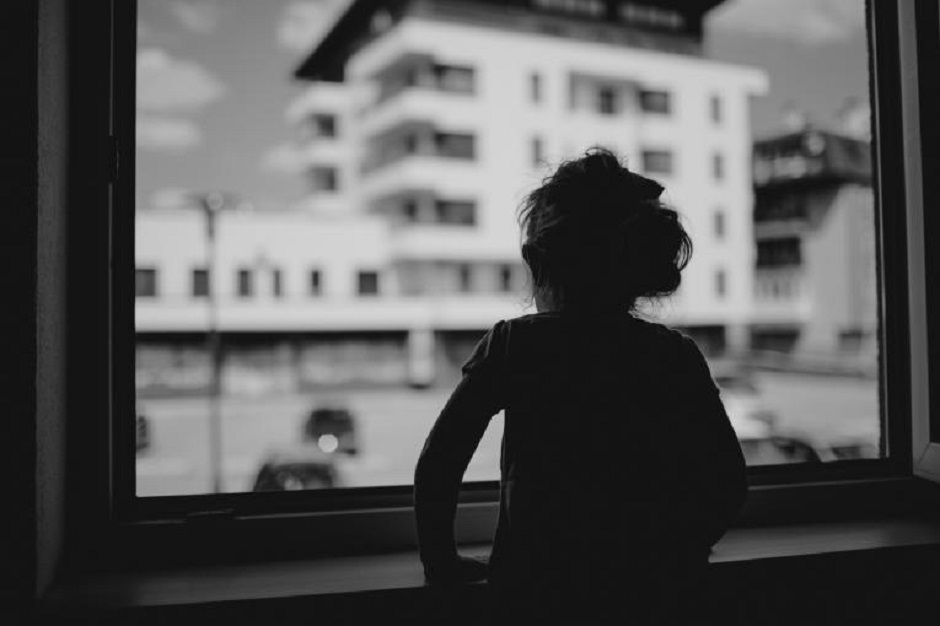Covid-19 worsened financial situation for almost half of the households in BIH

An assessment of the social impact of Covid-19 in Bosnia and Herzegovina has found that macro-factors such as dynamic of domestic and international trade, epidemiological situation, mobility restrictions, and containment measures are in constant interaction with individual-level factors such as income, level of education, gender, age and local conditions causing inequality, poverty and social exclusion.
The research was carried out by the UN Development Programme (UNDP) and UNICEF on a sample of 2,182 households throughout Bosnia and Herzegovina.
“The research revealed that almost half of the households (48.5 per cent) experienced worsening of financial situation and 12 per cent experienced significant hardship. More alarmingly, those who considered themselves poor even prior to the pandemic have been particularly negatively affected with 63 per cent experiencing a turn for the worse and 20 per cent being in a radically worsened situation. The research underlines the necessity of expanded and coordinated support in protecting the most vulnerable people, preserving jobs, introducing measures supporting farmers, micro, small and medium enterprises, and protecting those who make their living in the informal sector”, said Steliana Nedera, UNDP Resident Representative in BiH.
The assessment findings confirmed that the economic impact of the crisis was borne disproportionately by the poorest and most vulnerable and that the crisis has reduced income and access to basic services leading to an increase in multidimensional poverty and inequality.
“Those groups in our society who were already the most vulnerable are now falling even further behind, which is why they must be urgently targeted in the response efforts. We are seeing it across all our assessments and actions at the local levels: poverty and inequality are rising, and gaps are widening across different dimensions. The needs of the most vulnerable categories have to be taken into account while addressing the impacts of the COVID-19 pandemics, ensuring that no one is left behind”, said Dr. Ingrid Macdonald, the United Nations Resident Coordinator in Bosnia and Herzegovina.
The household survey also confirmed that the lockdown had taken a disproportionate toll on women. In the labour market, those sectors with the highest rates of female employment experienced the heaviest job losses. Increased childcare needs during preschool and school closures placed an even greater burden on working mothers with 75 per cent of women reporting a significant increase in domestic, care and emotional work since the onset of the pandemic.
“The survey results reconfirm the close linkage between economic and social impact for the families and children. The deteriorating financial situation due to this pandemic compelled 20 percent of households with children and 23 per cent families from the vulnerable groups to borrow money to meet the basic needs. Reduction of food intake was a coping mechanism in these vulnerable families. Similarly, 17 percent children from poor families were found to be at risk of being dropped out of the schools due to lack of support from their parents. A robust shock responsive social protection system across the country is essential to alleviate sufferings and maintain the dignity of the most vulnerable families.”, said Dr Rownak Khan, UNICEF Representative.
Mental health was identified through the findings as one of the key areas where the population experiences challenges with 45 per cent of respondents reporting that the COVID-19 situation had made them focus solely on survival and that of their family.
The survey findings also showed that protective equipment in the form of facemasks combined with the social distancing rules negatively affected the respondents’ social ties and dynamics of socialising. Combined with uncertainty surrounding the date of local elections, this situation increases the risk of diminished social cohesion, community building and democracy.
Kakvo je tvoje mišljenje o ovome?
Učestvuj u diskusiji ili pročitaj komentare





 Srbija
Srbija
 Hrvatska
Hrvatska
 Slovenija
Slovenija







